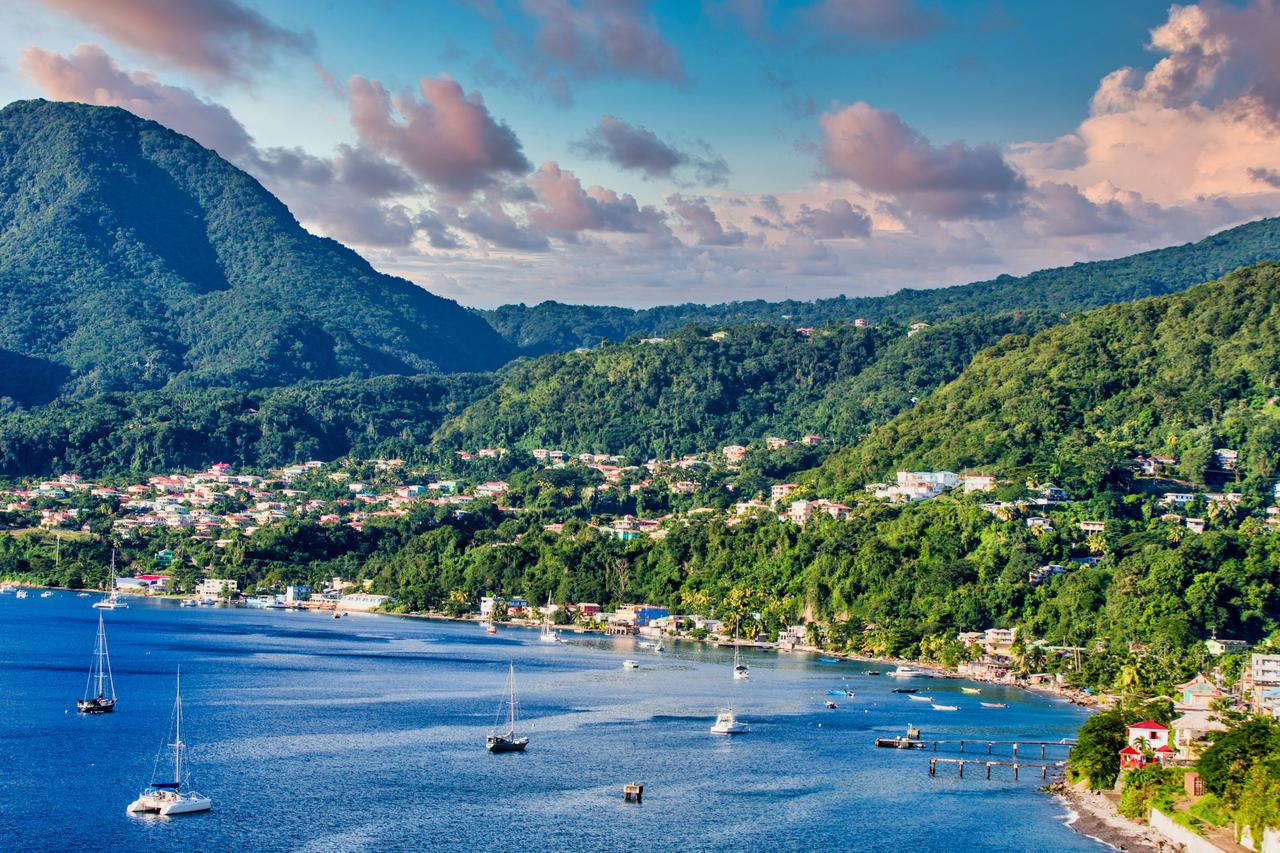
A growing number of Turkish citizens are joining global investors in turning to Caribbean nations that offer citizenship in exchange for property.
The rise comes amid increasing travel restrictions, economic uncertainty, and political changes that have made second passports more attractive.
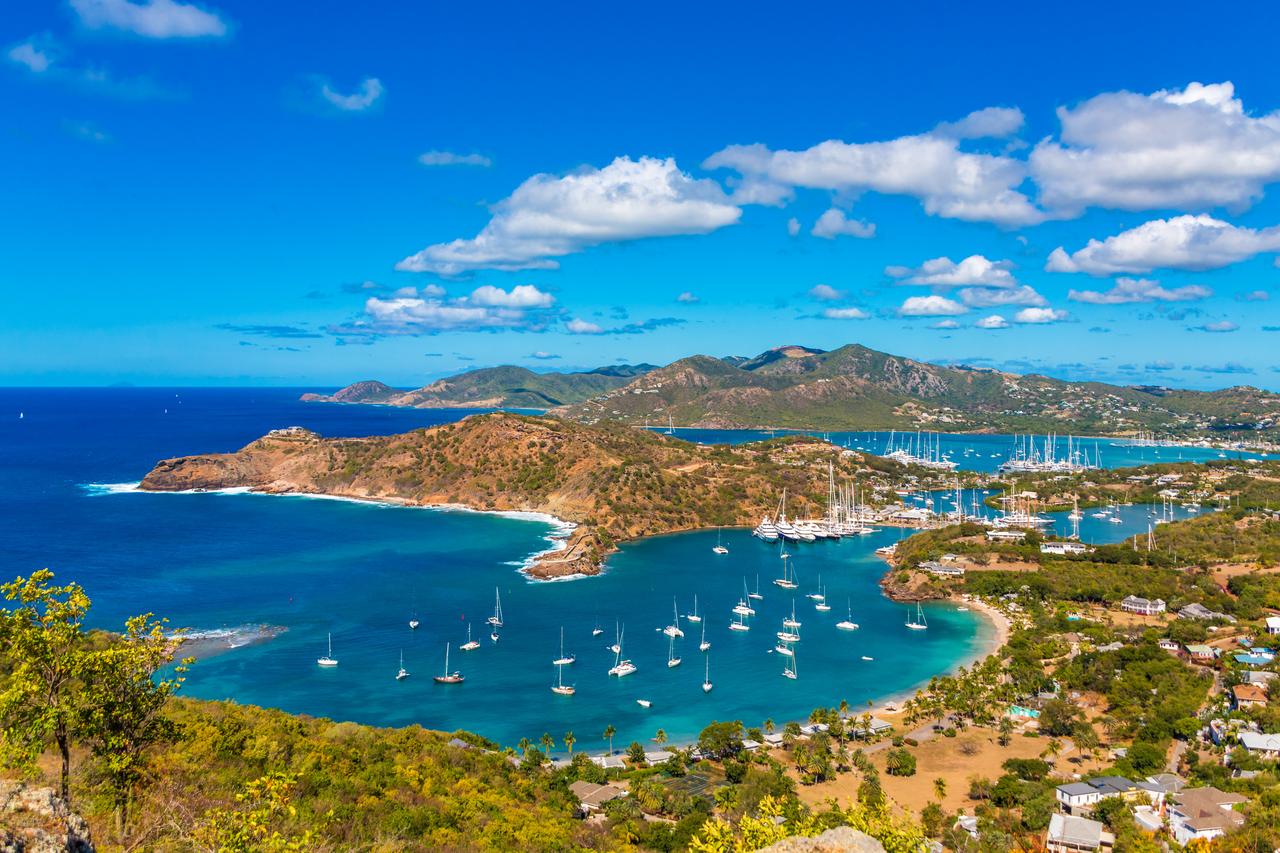
Five Eastern Caribbean countries, Antigua and Barbuda, Dominica, Grenada, St Kitts and Nevis, and St Lucia, grant citizenship to those who invest as little as $200,000 in real estate.
These Citizenship by Investment (CBI) programs offer visa-free access to as many as 150 countries, including Schengen nations and, except for Dominica, the United Kingdom.
All five countries allow dual citizenship and offer tax advantages such as no inheritance or capital gains taxes.
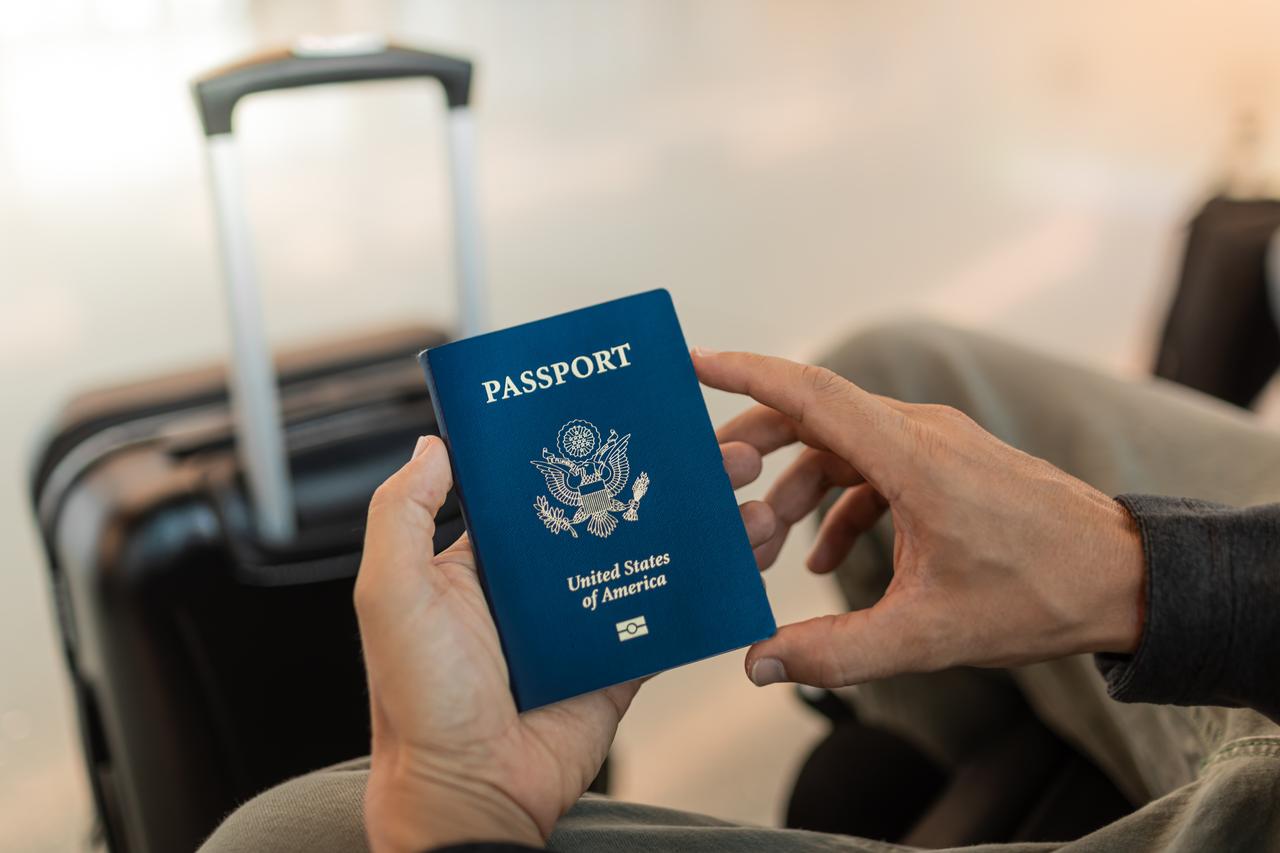
Demand has surged, especially from the United States.
Nadia Dyson, who owns the Luxury Locations real estate firm in Antigua, told the BBC that “up to 70% of all buyers right now are wanting citizenship, and the vast majority are from the US.”
She added, “We don’t talk politics with them, but the unstable political landscape (in the US) is definitely a factor.”
“This is a backup plan,” said Dominic Volek of Henley & Partners. “Around 10–15% actually relocate. For most, it’s an insurance policy.”
Henley & Partners, an international investment migration consultancy, confirmed that Americans make up the largest group of applicants. Ukraine, Türkiye, Nigeria, and China follow closely behind.
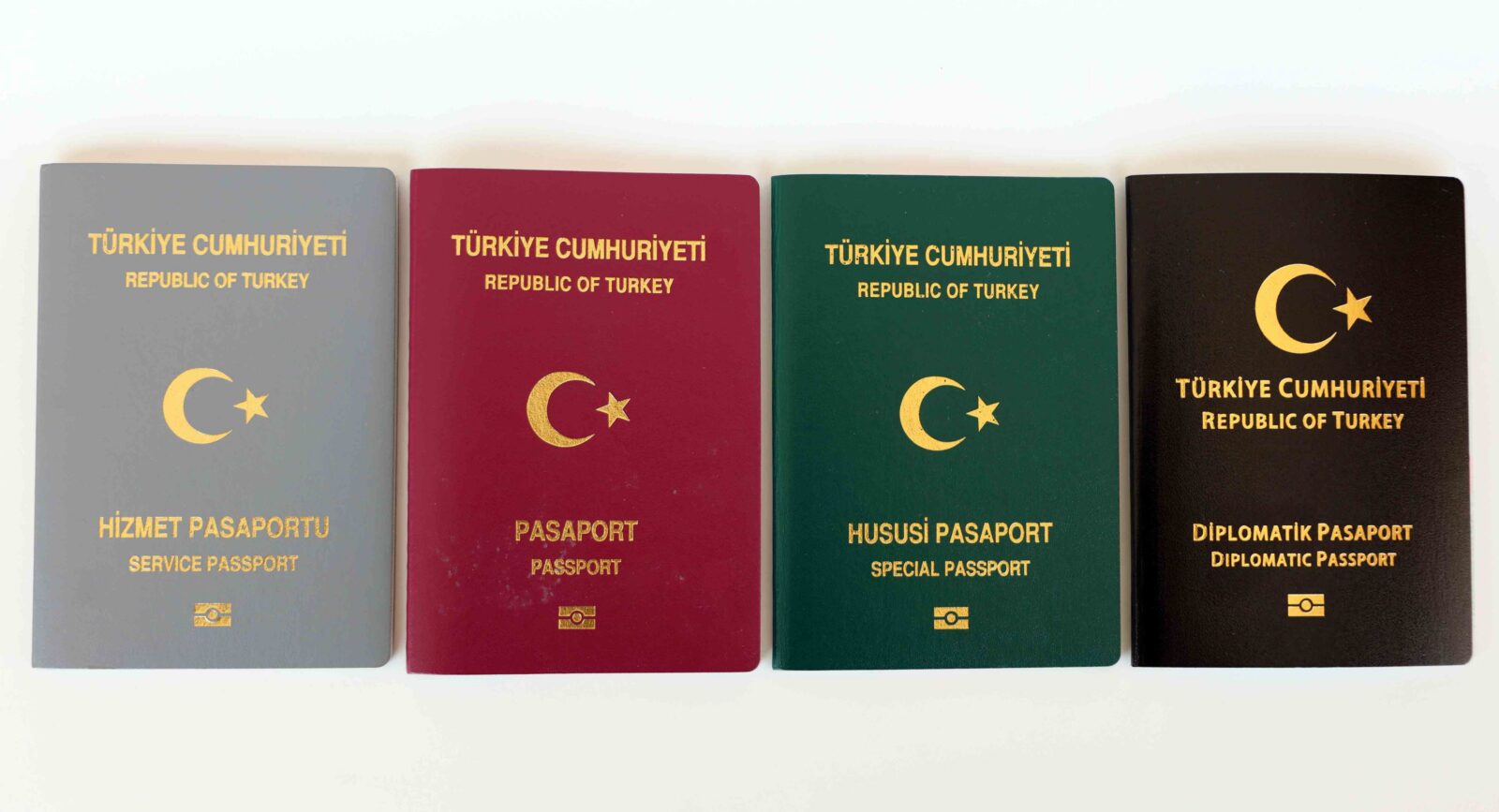
Visa restrictions and declining passport strength are making global mobility harder for Turkish citizens.
By the numbers:
Some applicants do move full-time despite no residency requirement, as reported by BBC Türkiye. Canadian investor Robert Taylor bought a property in Antigua for $200,000 just before the threshold rose to $300,000.
He said, “I chose Antigua because it has beautiful water, I find the people very, very friendly and it also means great weather for the later part of my life.”

Political changes in the U.S. have also affected global citizenship choices.
A recent ruling by the U.S. Supreme Court allowed President Trump’s executive order to move forward, restricting birthright citizenship for children born to non-permanent residents. The decision has led to renewed scrutiny of “birth tourism” and contributed to demand for alternative citizenship routes.
As one of the few global regions still offering investment-based citizenship with no residency requirement, the Caribbean now plays a key role in mobility strategies for citizens of countries facing visa or migration barriers.
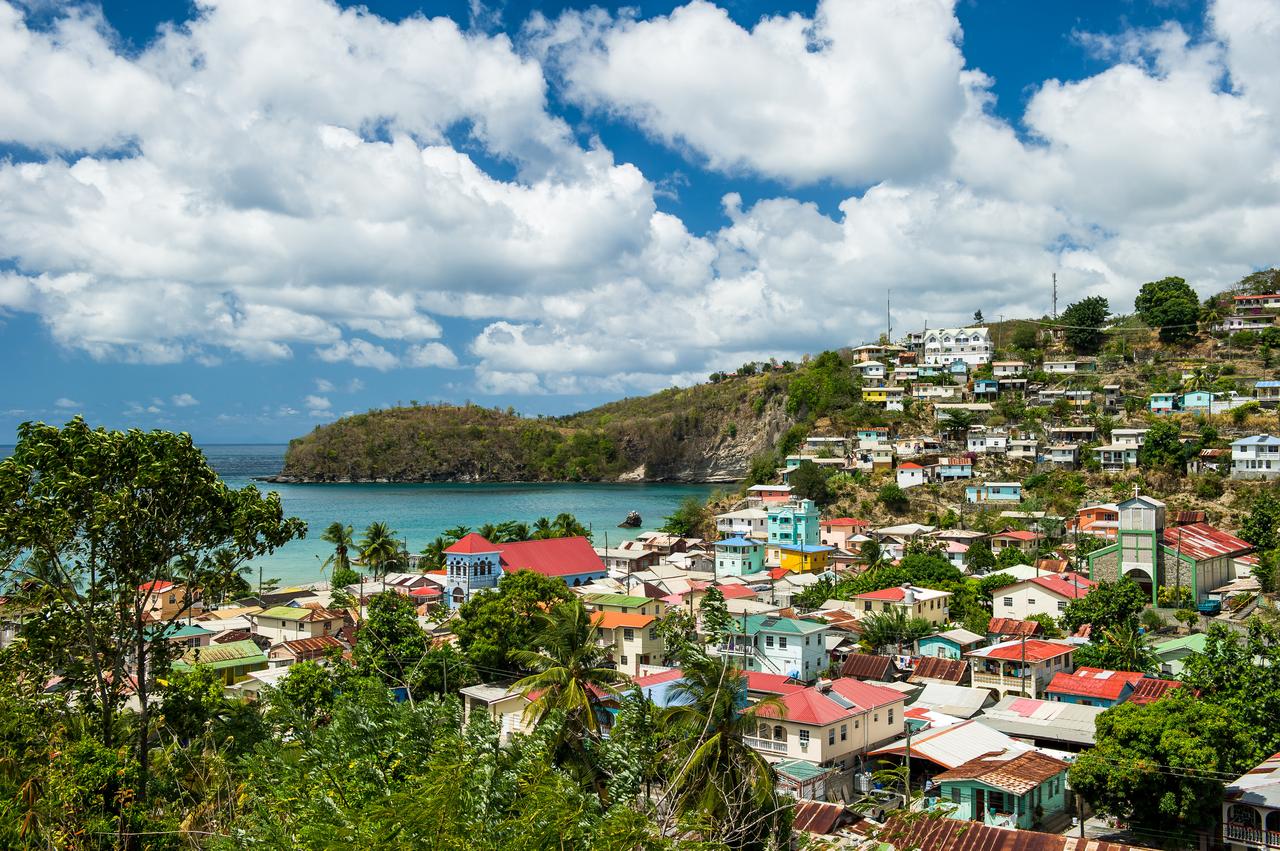
CBI revenues are now vital to several Caribbean economies, often used to fund national infrastructure, disaster recovery, and public health.
Between the lines:
The response:
In the face of EU and US scrutiny, the five Caribbean nations agreed to:
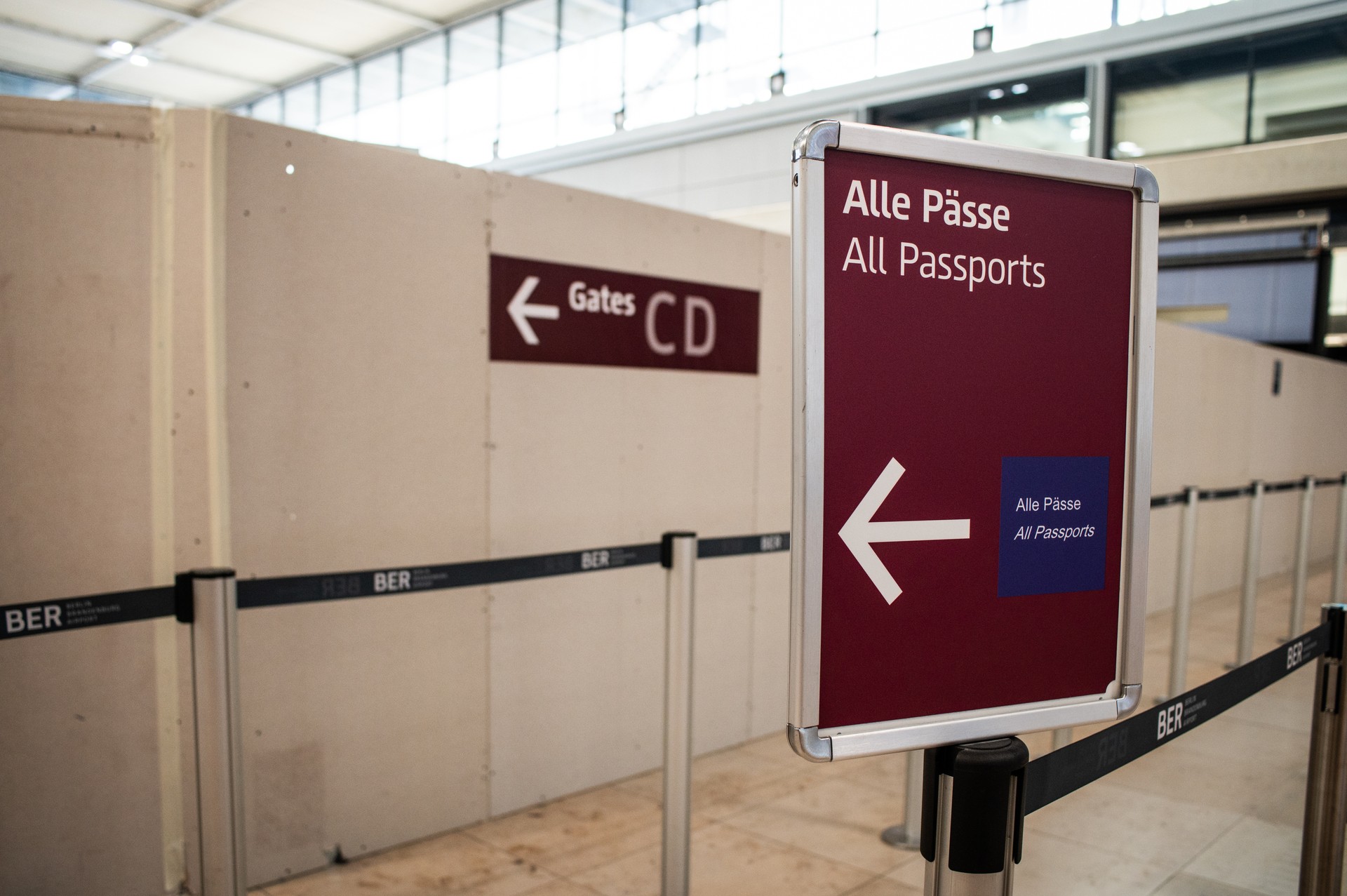
CBI programs are not without controversy. Critics argue they weaken national identity and pose security risks. Gisele Isaac, former Speaker of the House in Antigua, recalled public protests when the program was first proposed. “There was a sense of nationalism; people felt we were selling our identity,” she said.
The European Commission is reviewing whether visa-free travel for CBI countries may be abused. A spokesperson told the BBC that the Commission is “monitoring” the five schemes and assessing their security risks. The U.S. has also flagged potential misuse of such programs for financial crimes.
The promise of a second passport through property investment is both a convenience and a strategic option for Turks facing rising visa rejection rates, regional instability, and limited global access.
After all, as Henley & Partners noted, Turks now rank among the most active in seeking Caribbean citizenship. The trend shows no signs of slowing.